MODEL NOT UNIFORM
The Da Nang City Party Committee and the Communist Magazine are synthesizing comments on building an urban government model after the recent scientific conference "Current urban government model in Vietnam - Practice of Da Nang City".
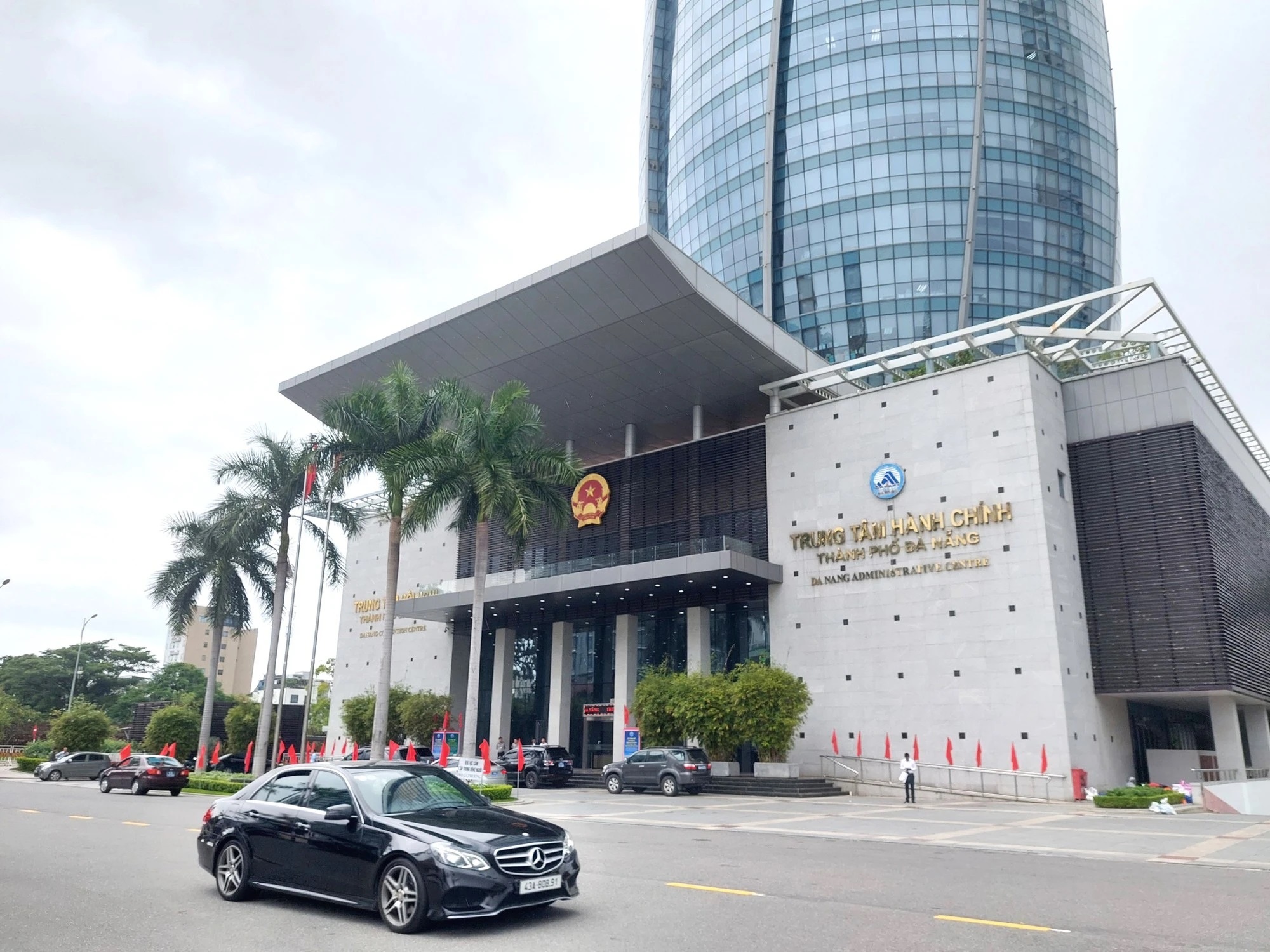
After more than 2 and a half years of piloting the CQDT model, Da Nang City has achieved many results but also revealed many limitations that need to be adjusted.
According to Mr. Luong Nguyen Minh Triet, Standing Deputy Secretary, Chairman of the People's Council of Da Nang City, currently there are 3 cities nationwide including Hanoi , Da Nang and Ho Chi Minh City implementing the model of CQDT, but each locality is implementing it in a different way, some are piloting it, some are implementing it. "Different voices are due to the characteristics of each locality, so it is not necessarily a unified model. Therefore, in the future, the Central Committee will have opinions on research, arrangement, and review after the pilot of CQDT to unify a common model nationwide, not each place has its own model", Mr. Triet said.
Dr. Le Thi Ha, Ho Chi Minh National Academy of Politics, commented that in the coming time, it is necessary to focus on building the CĐT according to the model: the provincial and municipal governments directly under the Central Government are complete governments according to the provisions of the Constitution and the Law on Organization of Local Government. Accordingly, the municipal government directly under the Central Government has a People's Council and a People's Committee; the district government is an intermediate government, does not organize a People's Council, only a People's Committee performs the functions and tasks of an intermediate executive agency, responsible for implementing decisions and direct instructions of the City People's Committee. It is necessary to reorganize the apparatus of the District People's Committee in a streamlined and professional direction; arrange and reduce the focal points of the advisory boards of the District People's Committee; increase self-management and responsibility for issues within the ward area; focus on managing the team of civil servants of the ward government according to decentralization, ensuring true proficiency, professionalism, integrity...
Dr. Le Thi Ha also said that it is necessary to urgently issue regulations on the organizational model, functions, and tasks of district and ward party committees when implementing the model of investigative police, ensuring consistency throughout the country, avoiding the situation where each place implements a different model...
Sharing the same view, Dr. Tran Minh Duc, Deputy Director of the Central Institute of Social Sciences, commented that the cities are implementing the e-government model with many different advantages and difficulties. "When the pilot is completed, we should generalize to build a common model of e-government for the whole country," Mr. Duc suggested.
Dr. Nguyen Dinh Thuan, Principal of the Da Nang City Political School, assessed that the model of CQDT is a relatively new governance model for our country, however, this is an inevitable trend and in the future, localities will approach, research and design the government model. Therefore, it is necessary to promote research, adjust and build a vision for this model so that the government model of all 3 pilot localities will be a lesson for other cities in the country.
Need to increase the number of People's Council delegates at city level
According to Dr. Nguyen Dinh Thuan, regarding the issue of budget decentralization, when the 3 cities implement and pilot the CQDT, the city government is an independent budget level; the districts and wards become budget estimate units and no longer play the role of budget level. The annual budget estimates of the districts and wards will be decided by the City People's Council... This limitation has hindered the initiative and flexible response ability of the district and ward governments when they have to rely on support from the city budget if the expenditure is outside the estimate.
"The Central Committee recommends that the People's Committees of districts and wards consider giving the People's Committees of districts and wards the right to manage, exploit and use surplus and reserve funds as a budget or even a regulation to operate as a budget level. In all three cities, when implementing the resolutions of the National Assembly, the authority to decide on the budget estimates of districts and wards belongs to the City People's Council. This reduces the dynamism and initiative of localities in meeting requirements that require a source of money to ensure quick disbursement and timely handling. Therefore, it is necessary to give the authorities of districts and wards the right to manage, exploit and use surplus and reserve funds of the locality as a budget instead of having to submit all of the above amounts to the City People's Council," said Mr. Thuan.
Mr. Bui Van Tieng, former Head of the Organization Committee of the Da Nang City Party Committee, analyzed that to demonstrate the centralization in the model of the investigation agency, Da Nang City has done 3 things: not organizing People's Councils at the district and ward levels; changing the district and ward levels from budget level to budget level; merging and consolidating localities that do not meet the criteria on population and area to reduce the number of focal points and implement public power more compactly. From these 3 things, there are currently some shortcomings that the staff of some agencies should have increased instead of decreased.
"For example, the City People's Council has 51 delegates, when implementing the investigation model, it should be increased, especially the number of full-time delegates should be increased to act as the eyes and arms of the City People's Council to all grassroots levels to exercise the people's right to mastery. For departments and branches, the number of civil servants has not increased but is striving to decrease more and more, in my opinion, it is contrary to the investigation model. We should change the mindset about streamlining the apparatus and streamlining the payroll. Streamlining does not mean cutting or reducing, but it means who is in the right position, suitable for the function and task," Mr. Tieng emphasized.
Similarly, Mr. Luong Cong Tuan, Head of the Legal Committee of the Da Nang City People's Council, proposed to increase the number of City People's Council delegates to close the area and close the monitoring objects because the current number of delegates is not enough. Mr. Doan Ngoc Hung Anh, Head of the Propaganda Committee of the Da Nang City Party Committee, said that although he was assigned to be the head of the delegation of the People's Council of Son Tra District and Hoang Sa Island District, he realized that he had not spent much time on the role of City People's Council delegate (30% of working time).
"The People's Council delegation has taken on a number of additional tasks as the previous District People's Council with many tasks, so it cannot handle them. While the tasks are increasingly arising, the supervisory role is very heavy and numerous. I propose that the number of City People's Council delegates should be increased to be able to handle the work," said Mr. Hung Anh.
Associate Professor, Dr. Pham Minh Tuan, Deputy Editor-in-Chief in charge of the Communist Magazine, commented that the workshop was held in the context of Hanoi and Da Nang piloting the model of CQDT, while Ho Chi Minh City has officially deployed this model. Therefore, the contents of the workshop will contribute to clarifying the theoretical issues of urban practice. Thereby, it is possible to absorb and adjust in the process of implementing the CQDT model, moving towards implementing a truly effective CQDT model in the near future.
Source link




![[Photo] National Assembly Chairman visits Vi Thuy Commune Public Administration Service Center](https://vphoto.vietnam.vn/thumb/1200x675/vietnam/resource/IMAGE/2025/7/1/d170a5e8cb374ebcae8bf6f7047372b9)

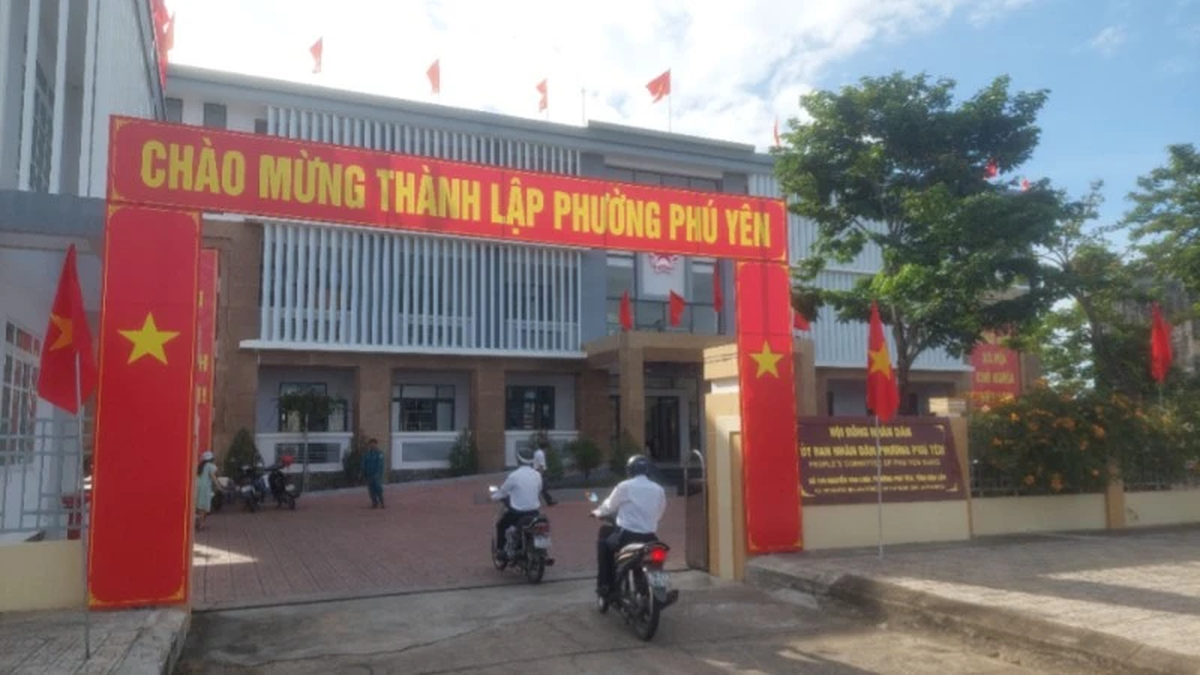



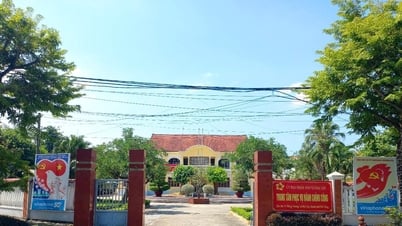

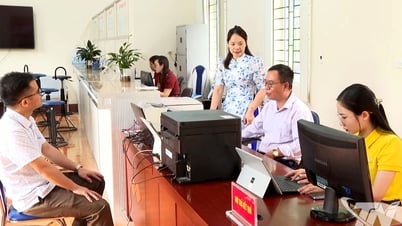

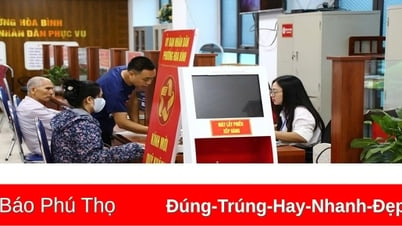



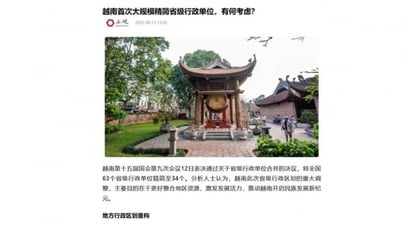










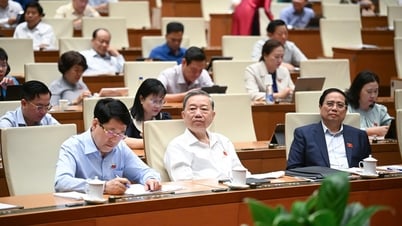





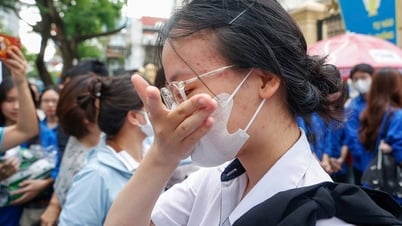




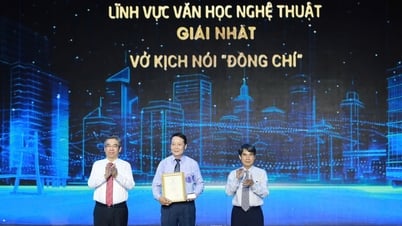
![[Photo] Standing member of the Secretariat Tran Cam Tu chaired a meeting with Party committees, offices, Party committees, agencies and Central organizations.](https://vphoto.vietnam.vn/thumb/1200x675/vietnam/resource/IMAGE/2025/7/1/b8922706fa384bbdadd4513b68879951)






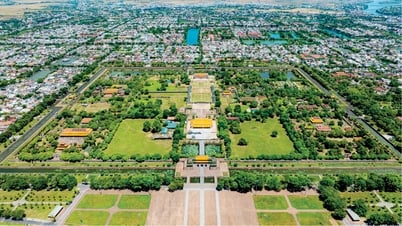




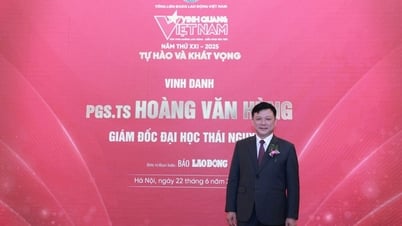

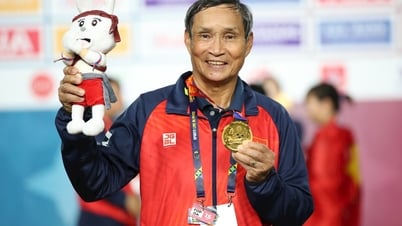











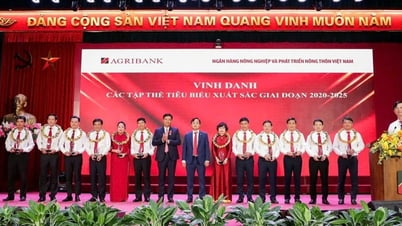


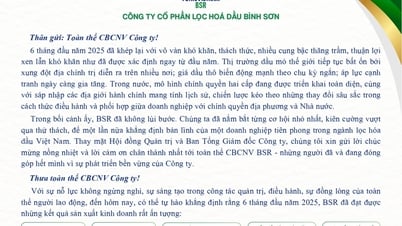



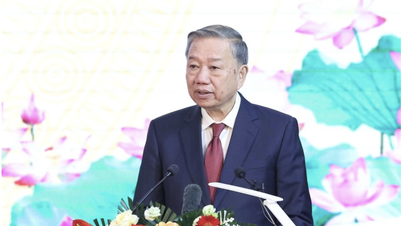
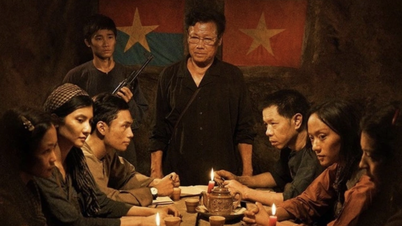
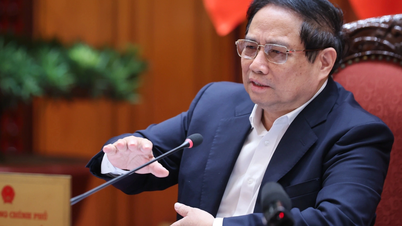
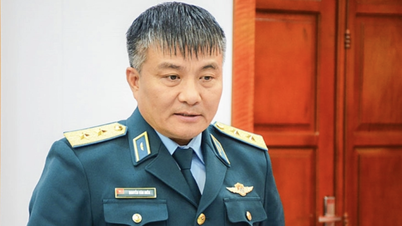
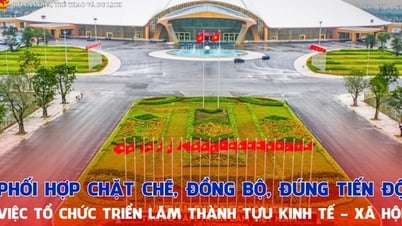

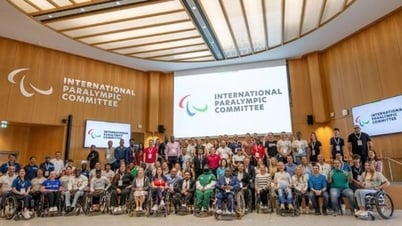
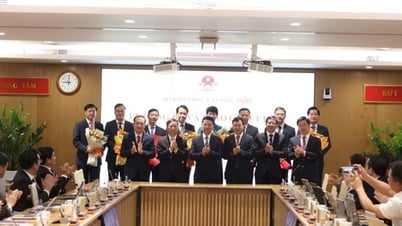

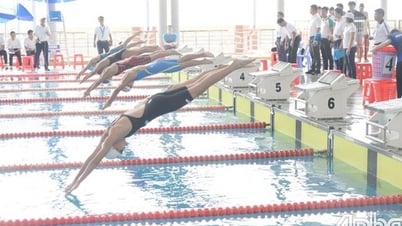

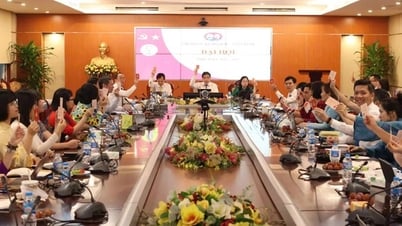























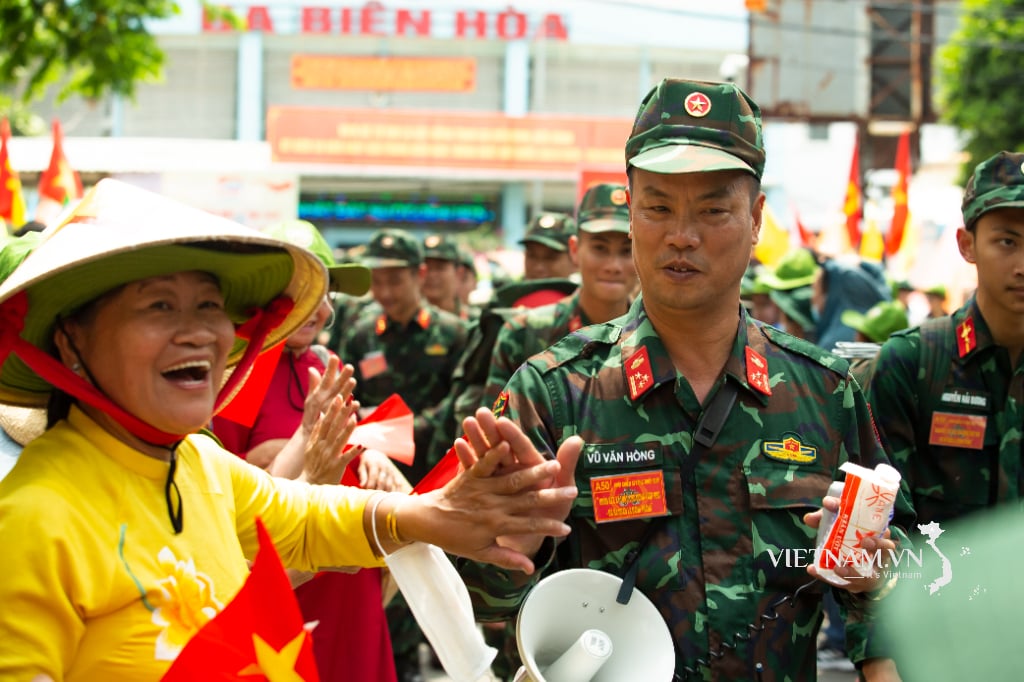
Comment (0)